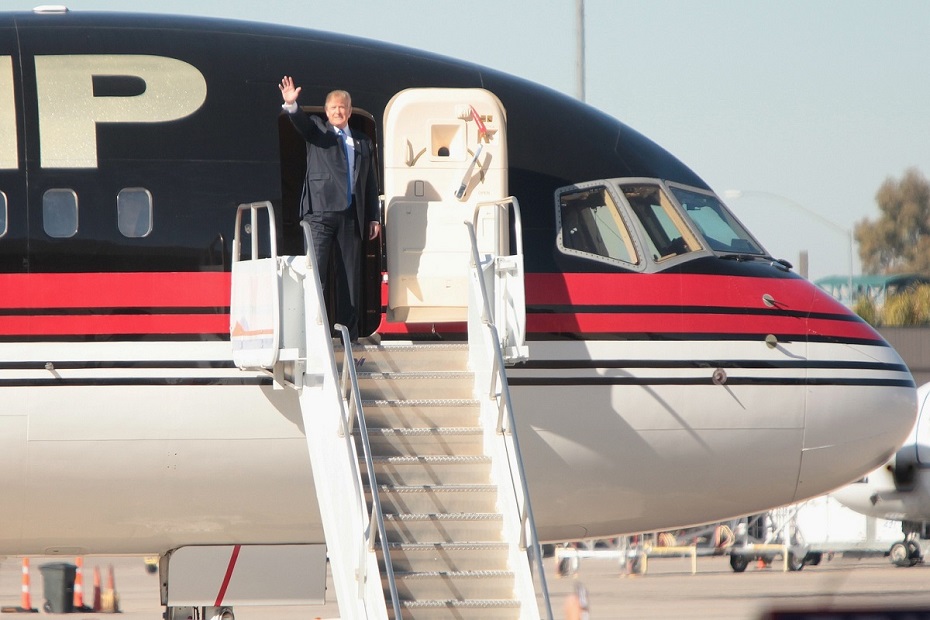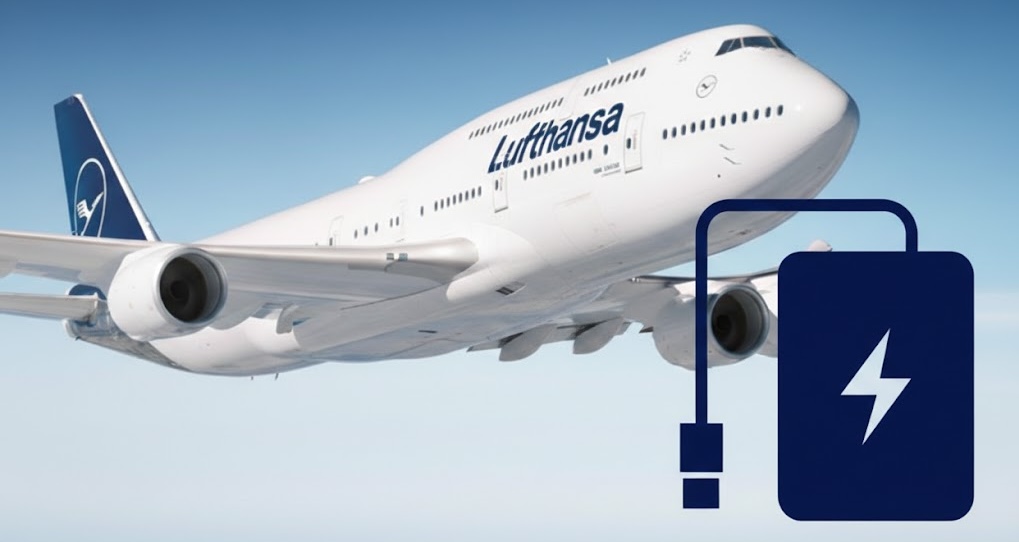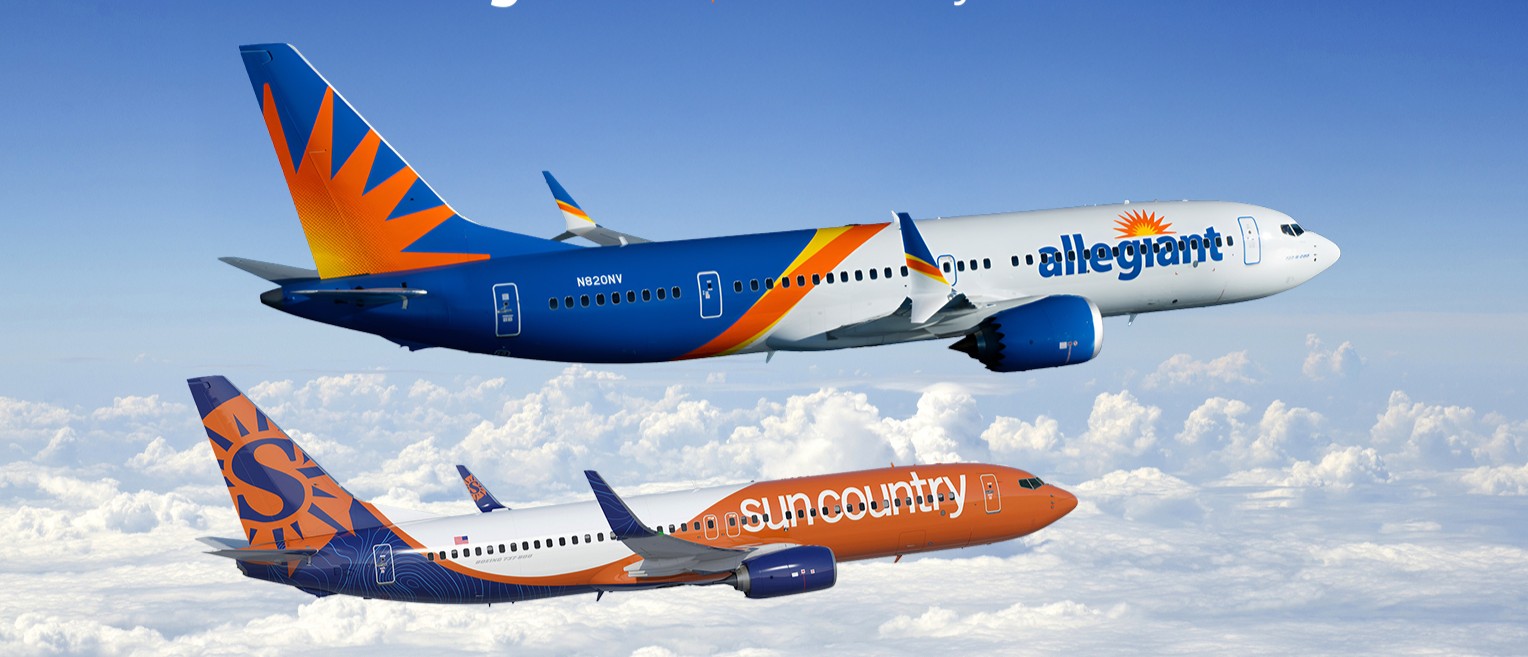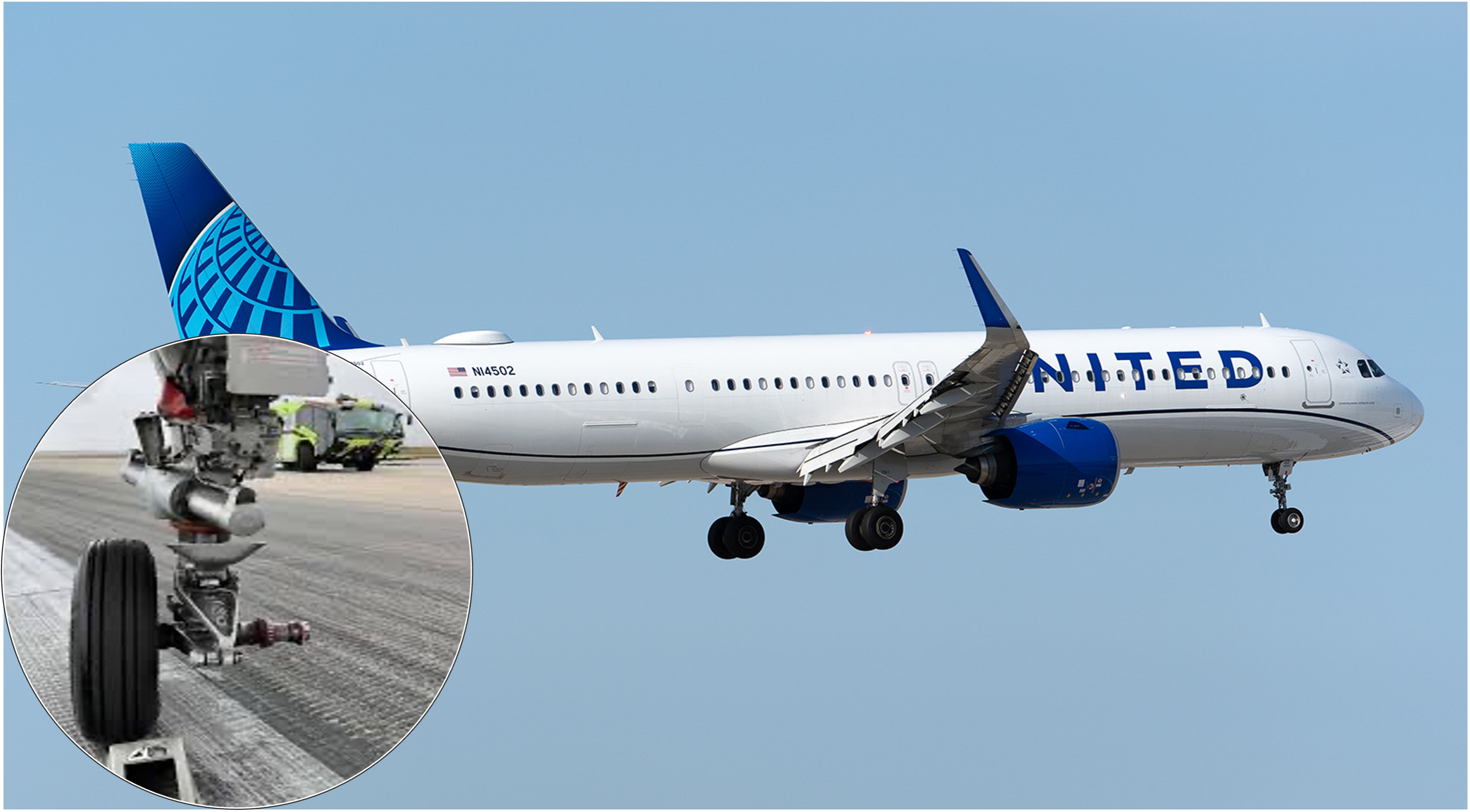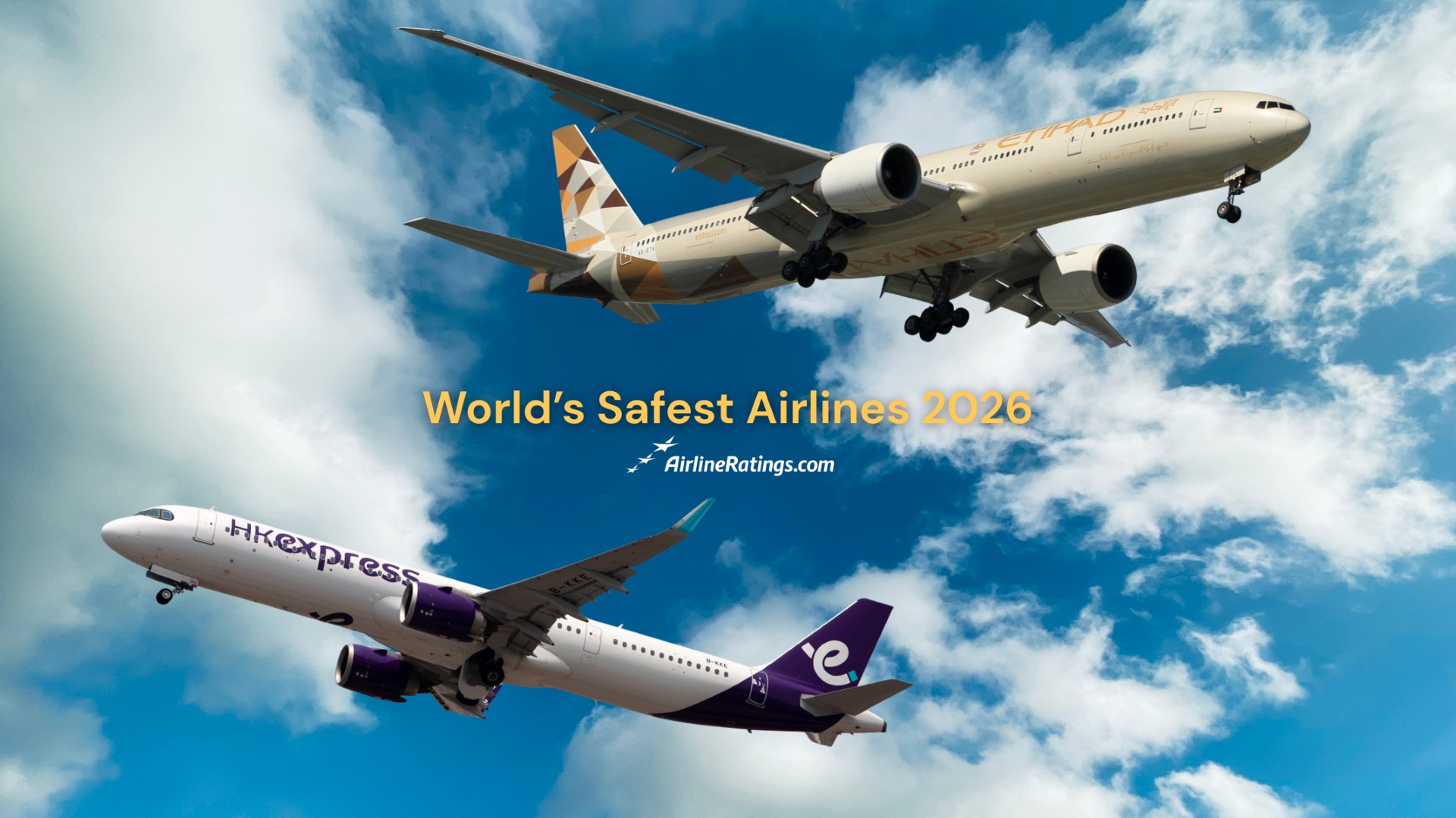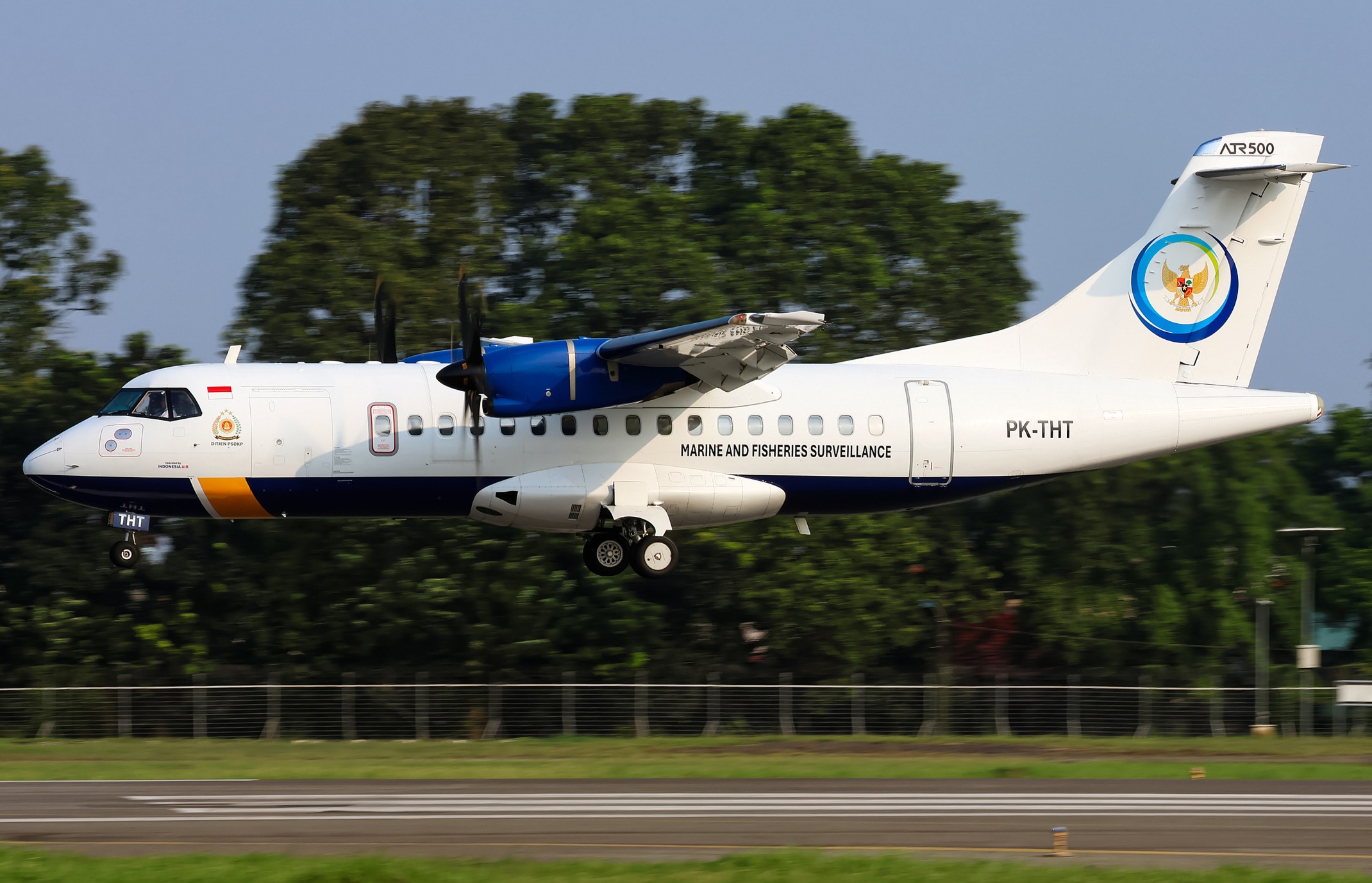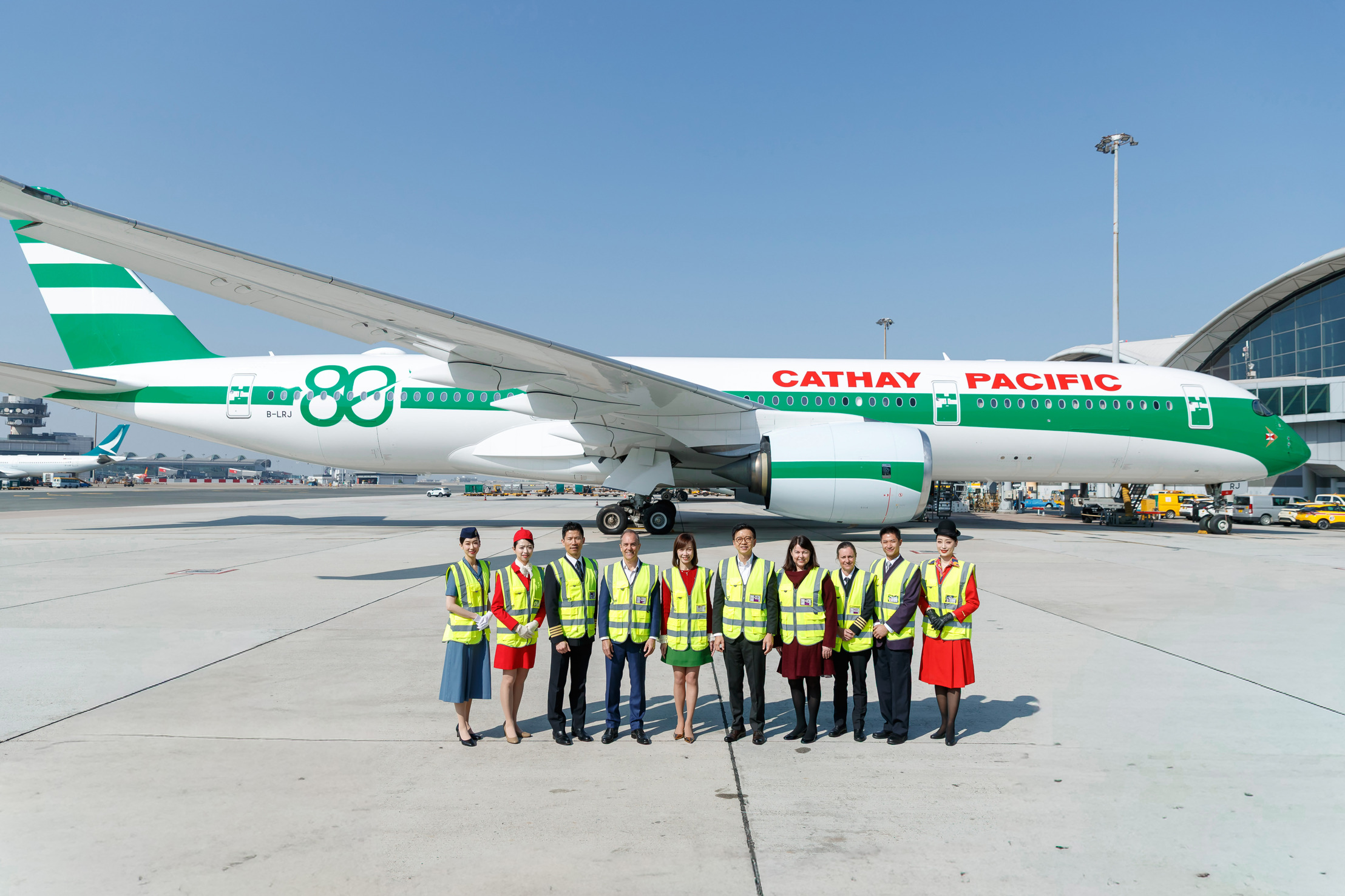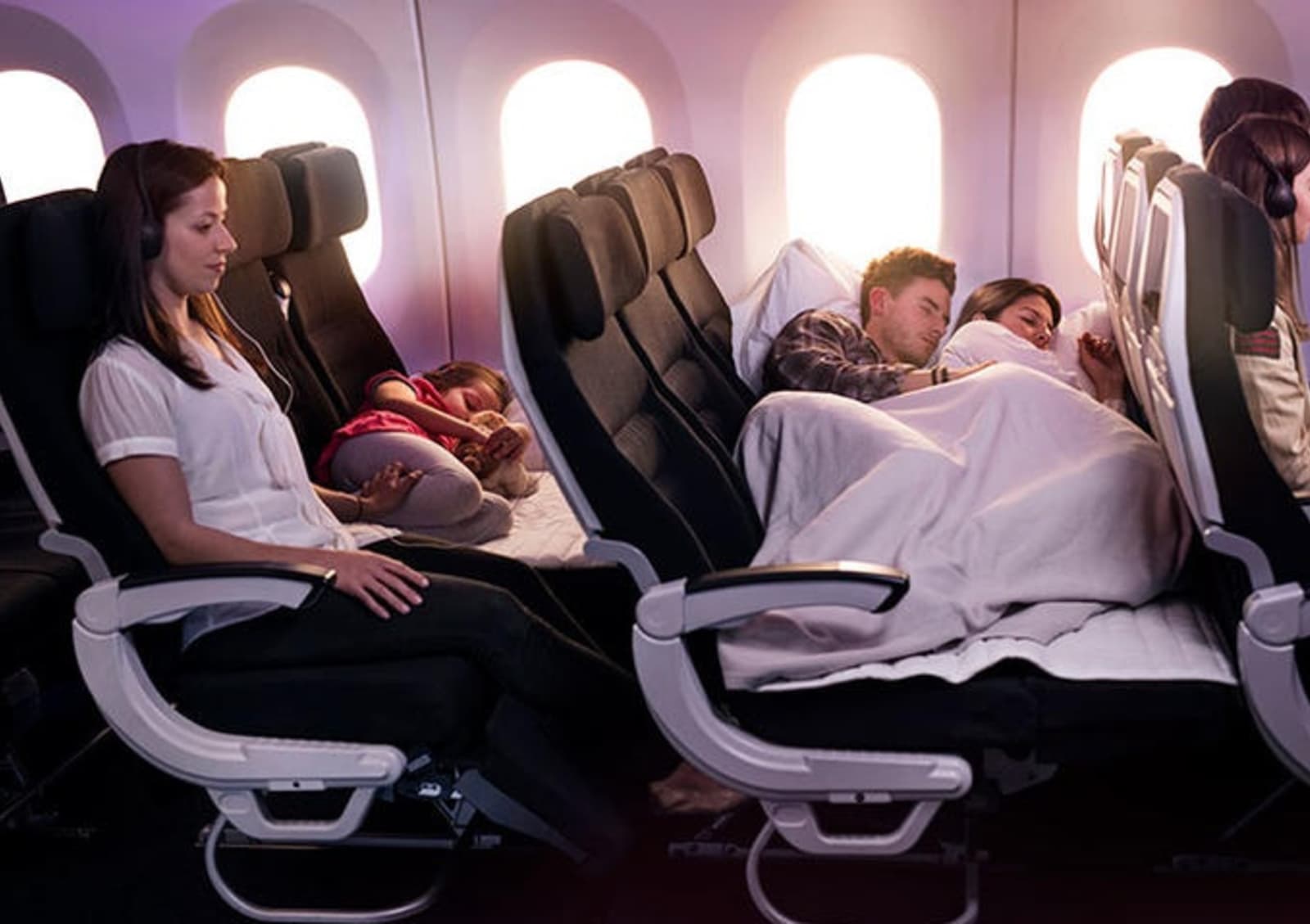THE US airline industry has urged President-elect Donald Trump to make the nation’s air traffic control a priority as part of any plan to boost infrastructure.
It remains unclear what aviation policies, if any, the private aircraft operator and former owner of the failed Trump Shuttle has up his sleeve.
But that didn’t stop airline lobby groups from moving quickly to establish a position in the wake of his protectionist campaign and his comments about boosting American industry.
In a congratulatory statement, industry lobbyist A4A noted comments in the billionaire’s acceptance speech and during his campaign that a $US1 trillion plan to improve infrastructure would by priority in the first 100 days.
“We look forward to working with the Transition Team on strengthening our infrastructure in the sky to meet the nation’s growing demands on the ground,” said A4A chief executive Nicholas E. Calio. “The current U.S. Air Traffic Control system, while safe, is an inefficient relic of the 1940s.
“We’re eager to work with President-elect Trump to transform it to reduce delays for the 2.2 million passengers and 50,000 tons of cargo that fly every day, while accommodating future growth and demand for travel and shipping.”
A4A estimates the US airline industry supports 10 million jobs and drives 5 percent of the total U.S. economy each day.
“Our ability to create more jobs and help fuel economic growth is possible only if we’re operating within a National Airspace (NAS) infrastructure that is designed for the future,” Calio said. “Our vision for a modernized NAS includes reforming the Air Traffic Control (ATC).
“A service provided under appropriate authority to promote the safe, orderly and expeditious flow of air system so that politics don’t impede hiring and training more air traffic controllers and equipping our facilities with technology used by more than 50 countries around the world.
“We want to see a reliable ATC funding model – funded by the system users, not political gamesmanship – so that we can plan for the long-term capital improvements the system needs to grow.”
Air Traffic control improvements are not the only issue about which US airlines will be lobbying: passenger rights regulations and access by foreign carriers are also on the agenda.
The “big three”’ — Delta Air Lines, American Airlines and United Airlines — have been conducting a running battle with Gulf carriers with allegations of billions of dollars of unfair subsidies. Gulf airlines Emirates, Etihad and Qatar has rejected the allegations and launched counter accusations that US airlines were protected by the Chapter 11 bankruptcy process.
A lobby group formed by the US carriers and labor unions, the Partnership for Fair and Open Skies, has quickly seized on Trump’s rhetoric about protecting US industry against unfair competition.
“We look forward to briefing President-elect Donald Trump and his new administration on the massive, unfair subsidies that the UAE and Qatar give to their state-owned Gulf carriers,” spokeswoman Jill Zuckman said in a statement. “The Gulf carrier subsidies threaten the jobs of 300,000 U.S. aviation workers and the American aviation industry as a whole, and we are optimistic that the Trump administration will stand up to the UAE and Qatar, enforce our trade agreements and fight for American jobs.”
However, an analysis by the CAPA Centre for Aviation warned that a move toward greater protectionism could hurt US carriers.
It estimated the abandonment of the Trans-Pacific Trade Partnership Agreement could see the industry forgo new route developments and 5 to 10 per cent in traffic growth the trade deal would have otherwise have generated.
And it cautioned that the already clouded open skies issue could “darken further’’ if a Trump administration accepts the premise that open skies have passed their zenith.
“Aviation policy typically does not feature high in the priorities of prospective Presidential candidates,’’ it said “” Yet the nationalistic appeal of the airline pilots’ unions struck a chord with both populist candidates – both Mr Trump’s and Mr (Democratic contender Bernie) Sanders’ campaigns expressly attacked Norwegian Airlines International’s moves to operate into the US.
“The often-misplaced arguments fell squarely into the category of appealing to voters concerned for their jobs, and who see all the perceived negatives of foreign trade - without recognising the positives.
“For US airlines and the US industry generally this is dangerous territory as it is the US airlines who have – at least in the medium term – the most to gain from liberal market access. The likely overall outcome: slower growth and less foreign airline competition.’’
CAPA also warned that Trump’s aggressive stance against China could undermine the ability of US airlines to capitalise on one of the world’s biggest aviation markets and said “shotgun effect” of proposed visa restrictions could not avoid affecting air traffic, particularly from Mexico.
Have questions or want to share your thoughts?
